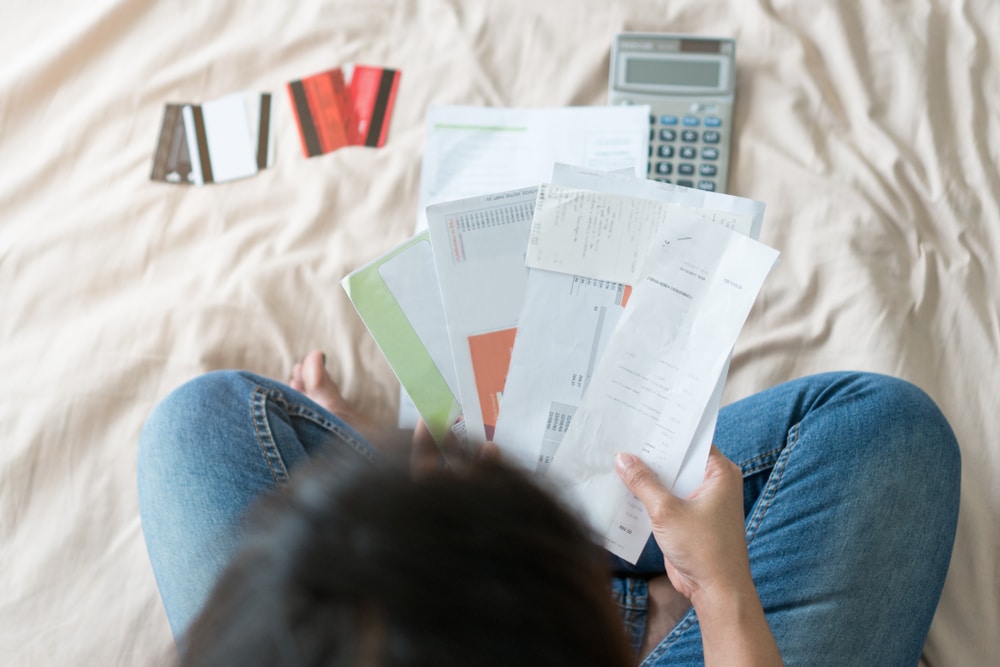Losing your job can be soul-destroying for most of us. Not only is your world turned on its head, but you have obligations to meet. For example, it could take up to 12 weeks to reach your account if you got a redundancy payout. Most, however, that have been working for under 2 years aren’t eligible for anything. In any case, what do you do about your debts?
Defining your debt
First, you need to understand what debts you have and prioritise them in order of importance. Make a list to see easily who you owe money to. Most people will have the following debts:
- Mortgage payments
- Car payments
- Household bills
- Credit cards
- Council tax
As you make your list, you need to be aware that some debts are more important than others. So tackle these first and budget the money you have while planning out what needs to get paid and when.
How to pay the mortgage
The absolute first thing you have to do is talk to your mortgage provider as soon as you know you have an issue. Your mortgage provider will be much more likely to provide you with a mortgage payment holiday than when they’re applying for repossession through a court.
Remember lenders make their money through interest repayments, ensure you understand this when talking to them; repossession is about recouping losses. So it’s in their best interest to assist you if they can.
You may have taken out a mortgage payment protection insurance (MPPI) plan or short-term income protection (STIP) plan. Talk to the lender about this to see what the state of play is and what they think might be the best way forward.
How to know which debts to prioritise?
Separating out your debts into a logical and prioritised list can help you make sense of what may have been a manic assortment of debts. You may have never budgeted for these debts before you lost your job, but it’s a good time to start budgeting and understanding what your liabilities are and if they were needed.
Then, when things get better, remember to continue the budgeting process to free up money and reduce any unnecessary future debts from poor money management.
Your Priority Debts
Your mortgage is your number one priority as properties are high-value assets. Likewise, car-related payments will likely be next on your list. Gas, water and electricity bills are consumables that can’t be taken back once used. This means utility companies need to work with you when you’re in debt with them to see any money going back to them.
Utilities are also part of a person’s basic needs meaning you’ll also find each company has some form of poverty initiative to keep these things working. This is a better solution than them cutting your services off.
Your Non-Priority Debs
Defaulting on non-priority debts is not as bad as priority debts. That said, it does mean there can be implications if not addressed. These include:
- Overdrafts and credit lines
- Credit card payments
- Unsecured loans and store cards
With many of these, you’ll find that debt accrues on them each month rather than anything happening in the short term. But, at some point, you may get summoned to court and a decision made on your debt and repayment.
Talk to debt specialists to work out what’s the best way to deal with all your debt.
Understanding Your Monthly Budget
Now you have no income and only liabilities you need to budget. You may be living off family help and savings.
Create a list of expenses you can avoid and remove those you can from your budget. Then, use any excess to reduce your debts where possible.
How to get cash fast?
There are occasions when you need money fast. For example, you may need to consider selling your home to use the equity stored in it from your mortgage. This may lead to you downsizing and living within your means in more comfort. To sell your home fast and get fair market value and not have to deal with multiple third parties like surveyors, talk to Shyft.

